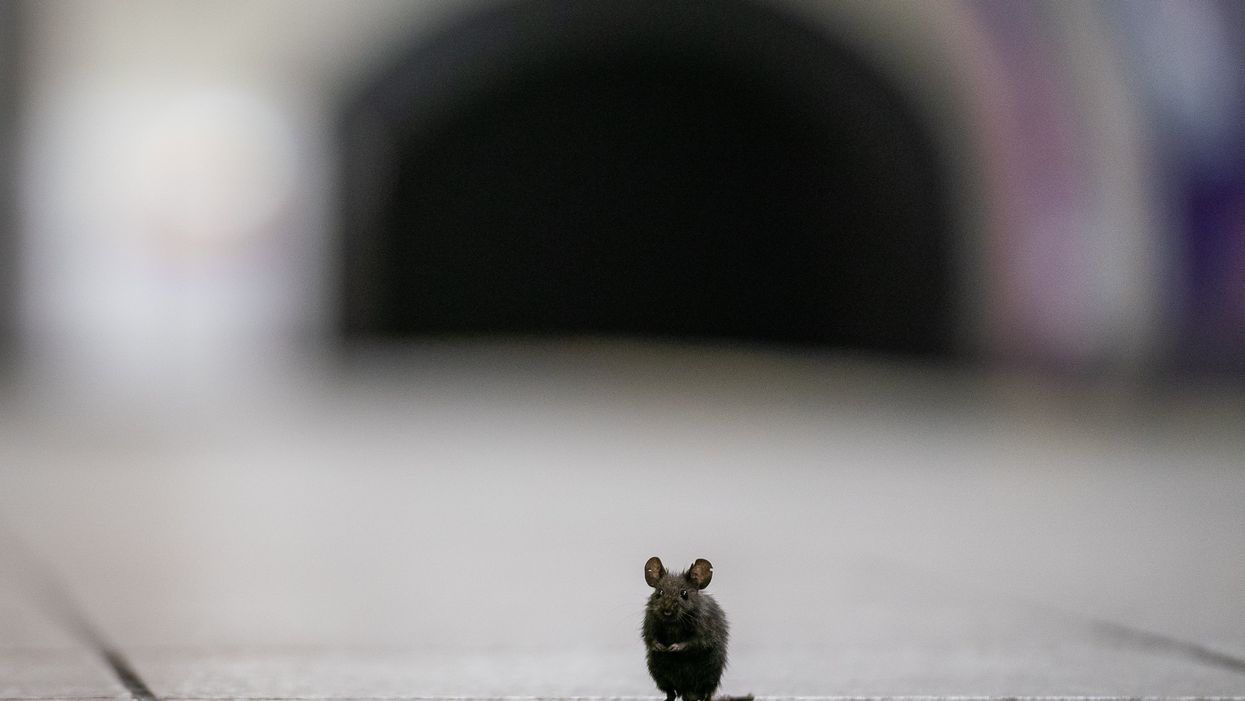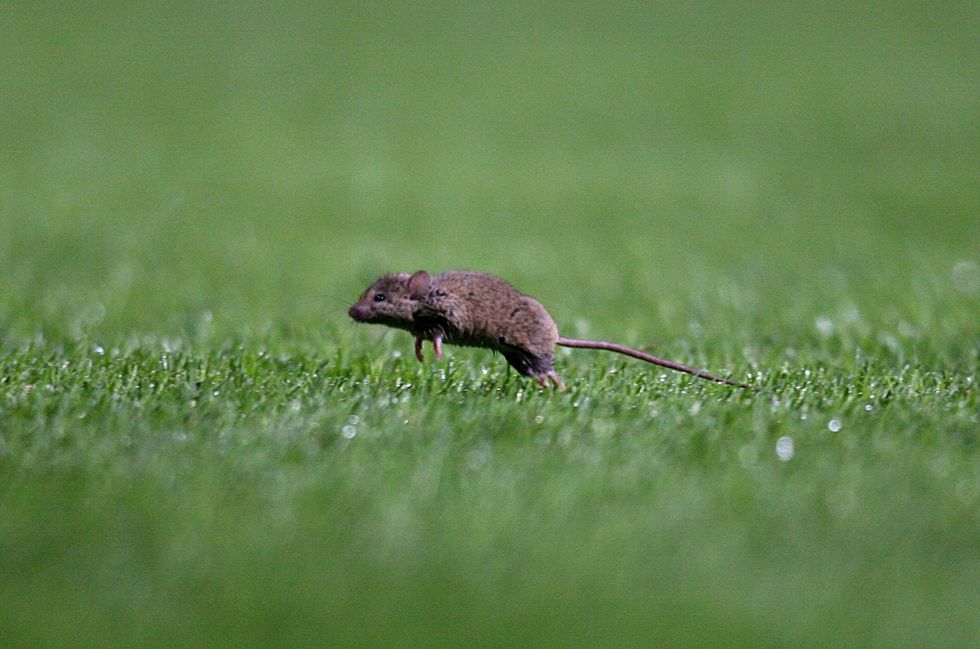
Watching a mother mouse gather her pups into her nest can train other female mice without babies to perform the same parenting task, new research suggests.
These observations also lead to the production of the hormone oxytocin in the brains of virgin female mice, biochemically shaping their maternal behaviours even before they have their own pups, according to the study.
The research involved round-the-clock filming of female mice interacting with their newborns as well as with virgin mice.
Simultaneous electrical readings were made in several brain regions known to produce oxytocin or thought to be responding to the hormone.
Our study shows that in mice the best way to be a mum is to watch and learn from an experienced mum
Professor Robert FroemkeResearchers built on earlier studies of the so-called pleasure hormone oxytocin showing its release is essential not only for the onset of nursing but also for initiating other maternal behaviours.
In the study, published in Nature they describe what they called a never-before-seen behaviour in which new mouse mothers would shepherd virgin female mice into the family’s nest along with their pups, without prompting.
Within 24 hours, the virgins began mimicking the maternal behaviour of gathering the mother’s pups into the nest even if the mother was not there.
The study also found that almost as quickly, virgin mice would also start to perform the pup-retrieving task without any direct contact with an experienced mouse mother and after having only seen the mother through a clear plastic window.
Researchers further measured brain electrical activity in virgin mice during shepherding and later when they became mothers on their own.
They found that both the sight and sound of crying pups moved outside of their nest stimulated oxytocin production in a specific region of the brain.
By contrast, chemically blocking any of the visual, auditory, or oxytocin-producing nerve pathways prevented virgin mice from learning to take care of pups.
Senior investigator Robert Froemke is a professor in the Skirball Institute of Biomolecular Medicine at NYU Langone Health in America.
He said: “Our study shows that in mice the best way to be a mum is to watch and learn from an experienced mum.
“Given the evidence, we propose that similar mechanisms operate in human mothers.”
The researchers say the study findings in rodents add scientific evidence to the benefits observed from parenting classes in humans.
Prof Froemke said: “This work redefines oxytocin’s role in brain function, broadening its impact to include formidable and complex social networking activities that force the brain to pay attention and adapt to its surroundings at the time, whether it’s reacting to the sound of a pup’s cries or feelings of happiness.”
As part of the ongoing study, researchers analysed nearly 5,000 hours of video footage of several dozen mother mice interacting with their pups and with virgin mice.














